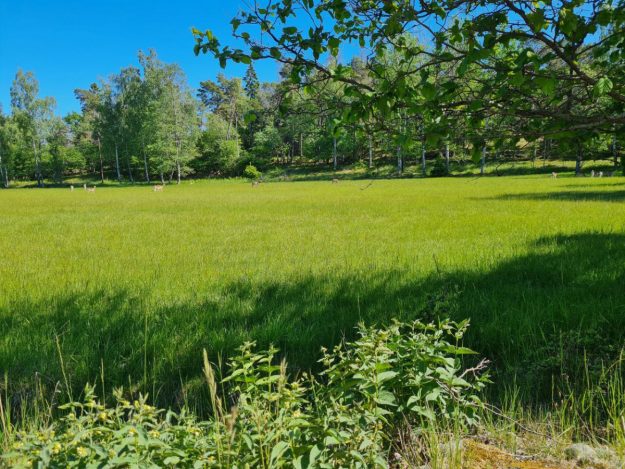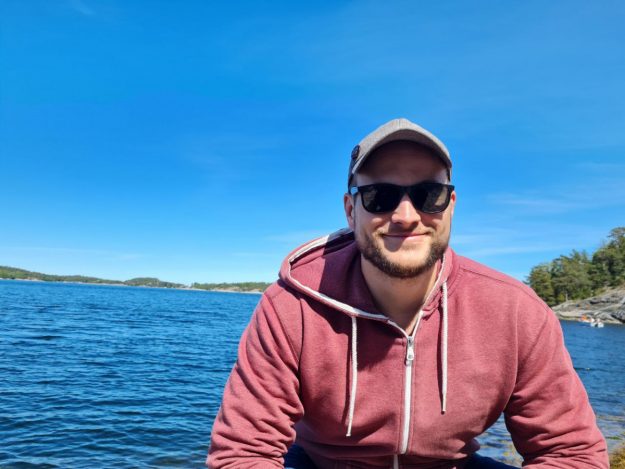Merry belated midsommar to our dear readers – both to old followers and to people who are new to the KTH Transformative Humanities Blog! If you have spent some time in Sweden, you are certainly no stranger to the phenomenon of extensive summer holidays. Following this custom, the blog will also go into summer hibernation, offering a little bit of rest to chief editor Sofia Jonsson and myself – co-editor Achim Klüppelberg. The blog will be back in August, posting informative texts, reports from events, hints on new publications from our division, and opinion-pieces on research and societal questions.

When I joined the editing team in December 2o2o, Sofia and me thought about ways to continue to promote the research at the division of History of Science, Technology and the Environment. Some of it was relatively successful, while other things turned out to be fairly uninteresting to our readers. Editing a large blog like this one, is always a developing endeavour. As we editors continue to learn what works and what not, we always tried to be open for current events, new developments in the research landscape and surrounding academia.
It was an inspiring, curious, and teaching experience, of having been part of this journey during the last two and a half years. I am writing this sentence in the past tense, because I will end my job as co-editor today, after having created 76 posts in total. I am grateful for this opportunity and I hope that my contributions were deemed useful by our readers.
All the best and goodbye to you, the future editing team, and the blog as a whole!

PS: Don’t forget to subscribe!


No comments yet. Be the first to comment!